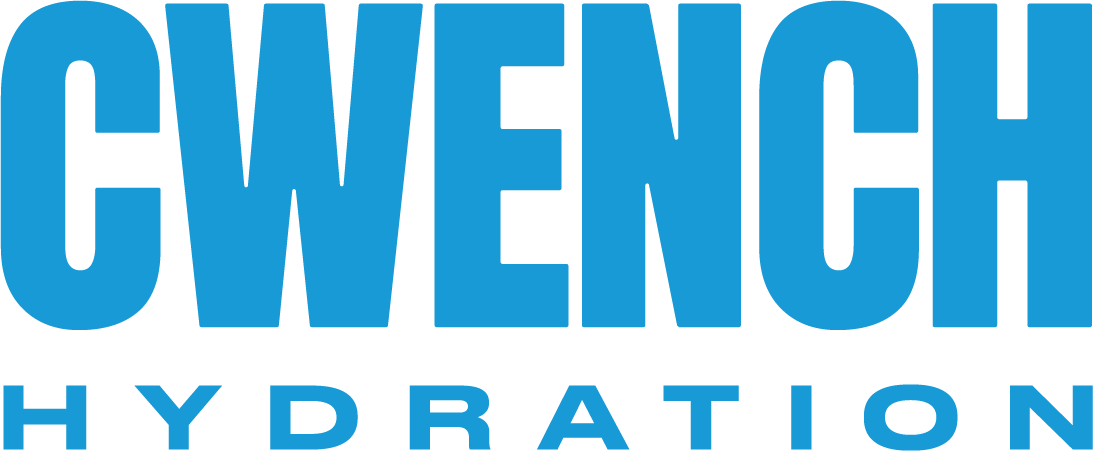Hydration is a cornerstone of good health, yet the role of sodium in the process of staying hydrated is often overlooked. Sodium, a key electrolyte, plays a critical role in maintaining fluid balance in the body, supporting nerve function, and aiding muscle contraction. This article delves into the importance of sodium for hydration, debunking common myths and highlighting how this mineral can be effectively managed to promote health and well-being.
Understanding Sodium's Role in the Body
Sodium is one of the primary electrolytes in the human body, charged with the critical task of balancing fluids. It operates across cell membranes, managing the movement of fluids in and out of cells. This balance is vital for the proper functioning of our bodily systems, including the transmission of nerve impulses and the contraction of muscles. Without adequate sodium, our bodies cannot maintain sufficient hydration levels, regardless of the amount of water we consume.
The Link Between Sodium and Hydration
When we think about hydration, plain water often comes to mind first. However, hydration is more nuanced, involving a delicate balance of water and electrolytes. Sodium helps to retain water in the body; it’s the reason why sports drinks are often packed with sodium and other electrolytes. After intense physical activity or in hot climates, when we sweat and lose not just water but electrolytes as well, replenishing with sodium becomes crucial. It aids in quick recovery by restoring the electrolyte balance and, consequently, the body's hydration status.
Debunking Myths About Sodium and Hydration
A common misconception is that sodium solely contributes to high blood pressure and should be avoided. While it's true that excessive sodium intake can be harmful, especially for individuals with hypertension, sodium in appropriate amounts is essential for maintaining hydration and overall health. The key is balance and moderation. Understanding the body's sodium needs, particularly in relation to physical activity and environmental factors, allows for tailored intake that supports hydration without compromising health.
Sodium Intake Recommendations
The American Heart Association recommends no more than 2,300 milligrams a day, moving toward an ideal limit of 1,500 mg per day for most adults. Yet, the exact requirements can vary based on individual health profiles, activity levels, and exposure to heat. For athletes or individuals engaging in prolonged physical activity, especially in hot conditions, sodium intake may need to be increased to compensate for loss through sweat.
Practical Tips for Managing Sodium for Optimal Hydration
- Balance Is Key: Ensure a balanced intake of sodium and water, particularly around physical activity.
- Read Labels: Be aware of the sodium content in processed foods and beverages.
- Replenish Wisely: Consider electrolyte-rich drinks after intense workouts or heat exposure.
- Listen to Your Body: Pay attention to signs of electrolyte imbalance, such as cramping, fatigue, or dizziness.
- Consult a Professional: Seek advice from a healthcare provider or a dietitian to tailor sodium intake to your individual needs and health status.
Sodium's role in hydration extends far beyond its reputation as just another mineral. Its function in maintaining fluid balance and supporting cellular operation is a testament to its importance in our diets. By approaching sodium intake with knowledge and moderation, we can optimize our hydration, performance, and overall health. Understanding and managing sodium intake is a critical piece of the hydration puzzle, enabling us to lead healthier, more vibrant lives.




